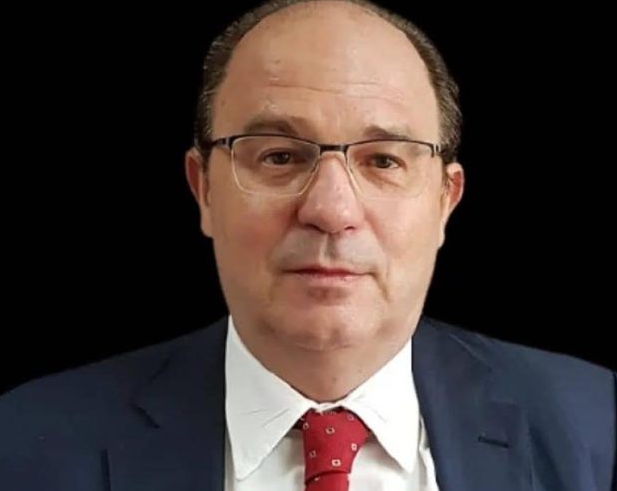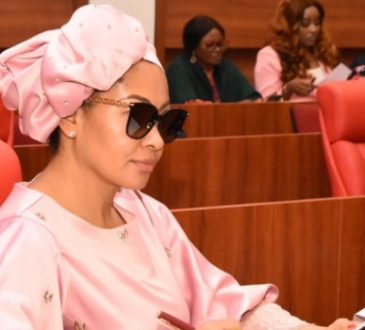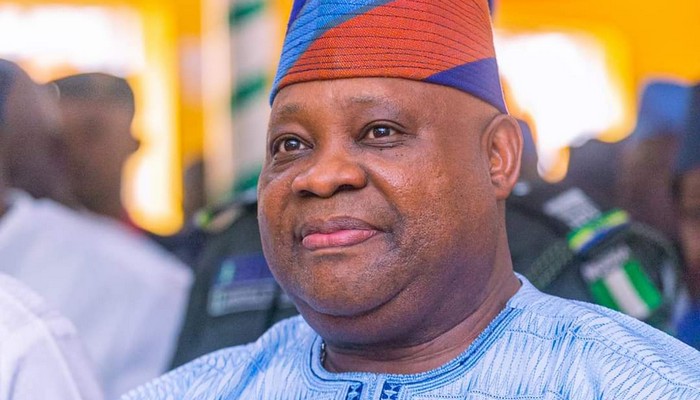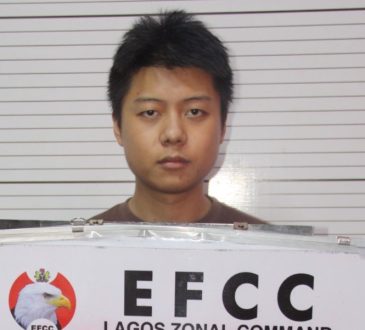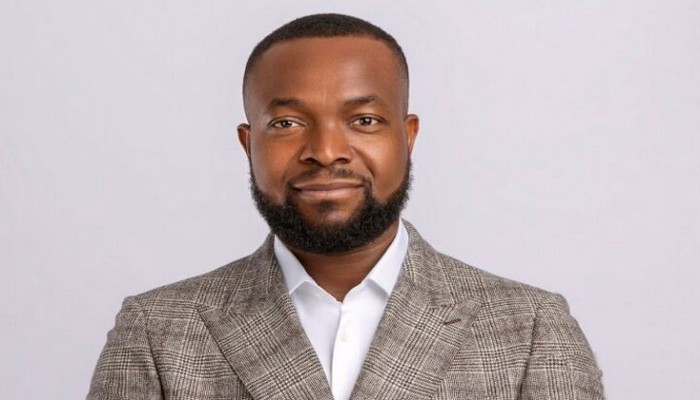
The Minister of Communications, Innovation, and Digital Economy, Dr. Bosun Tijani, has disclosed that the rollout of the N3.3 trillion 90,000 kilometres of fibre lines, 7,000 Telecom Towers infrastructure nationwide, will formally commence in Q4 2025.
For the first time in the country, the ministry has funded 55 academic researchers to explore technology applications in agriculture, healthcare, and education. In addition, N300 million was invested in 10 startups using AI and blockchain to enhance agricultural productivity.
On the Nigeria Startup House in San Francisco—an initiative targeting $5 billion in startup funding—Tijani said, “Our goal is to attract $5 billion in investments for Nigerian startups, supported by the Startup Pact and Trade Desk initiatives, which will connect local tech firms to global opportunities and government procurement.”
He revealed that over 500 government technologists have been trained in AI and Digital Public Infrastructure (DPI), and the groundbreaking Digital Economy Bill has passed its first reading in the National Assembly.
To bridge rural connectivity gaps, the Minister projected that 7,000 telecom towers would be deployed, targeting 98 per cent nationwide coverage, adding that the Federal Executive Council had already approved the project.
He described the progress on Right-of-Way issues as a game-changer for the country, revealing that 12 states in the federation have adopted zero-rated Right-of-Way policies.
According to him, these efforts will support the National Broadband Plan’s goal of achieving 90 per cent penetration by 2025, up from 48 per cent in 2024.
He projected the sector’s GDP contribution to rise from 16 per cent to 22 per cent, stating: “If a sector can increase its contribution by three to four per cent to the GDP, we’re about to see the economic growth—we’ve not seen it before. Technology allows us to bridge the gap between governments and the people.”
Tijani said the government was not chasing quick wins, adding: “The results we want to provide for Nigeria are long-lasting reforms that will transform our economy for generations to come.”
Tijani made the remarks in a statement released on Monday during an interview for an upcoming State House documentary to mark President Bola Tinubu’s second anniversary.
He also stated that the sector witnessed massive growth under President Bola Tinubu, attracting $191 million in Foreign Direct Investment (FDI) in Q1 2024 from $22 million recorded in Q1 2023.
Tijani highlighted the sector’s robust workforce development, driven by the three Million Technical Talent (3MTT) programme, and revealed plans for a $2 billion initiative to deploy 90,000 kilometres of fibre optic infrastructure nationwide, starting in Q4 2025.
According to him, “These foundational reforms, coupled with advancements in artificial intelligence (AI) and the startup ecosystem, have positioned Nigeria as a global leader in the digital economy.”
The Minister stressed that the 3MTT programme, launched in October 2023, to create a tech-savvy workforce, has already trained over 117,000 Nigerians in digital skills, surpassing its initial target of 30,000.
“By last year, we had already moved that to over 117,000. With an additional 35,000 in training, the programme is nearing 10 per cent of its three million goal. And in the rest of the time in office, we hope to reach the three million,” he said.
Regarding connectivity, Tijani announced that Project Bridge—focused on deploying 90,000 kilometres of fibre optic cable—will commence in the fourth quarter of this year.
“We are preparing a $2 billion investment to ensure every Nigerian can access affordable, high-quality connectivity regardless of location. Increasing connectivity hubs by just 10 per cent could yield a 2.5 per cent GDP growth,” he said.
The Minister stressed that the 3MTT programme, launched in October 2023, to create a tech-savvy workforce, has already trained over 117,000 Nigerians in digital skills, surpassing its initial target of 30,000.
“By last year, we had already moved that to over 117,000. With an additional 35,000 in training, the programme is nearing 10 per cent of its three million goal. And in the rest of the time in office, we hope to reach the three million,” he said.
Regarding connectivity, Tijani announced that Project Bridge—focused on deploying 90,000 kilometres of fibre optic cable—will commence in the fourth quarter of this year.
Tijani celebrated Nigeria’s ranking among the world’s top 60 countries for AI readiness and developing a homegrown large language model (LLM).
He also highlighted the launch of the AI Collective platform, supported by leading partners including Pierre Omidyar, Google, and Microsoft, to foster collaboration and innovation in artificial intelligence.
“We are preparing a $2 billion investment to ensure every Nigerian can access affordable, high-quality connectivity regardless of location. Increasing connectivity hubs by just 10 per cent could yield a 2.5 per cent GDP growth,” he said.



